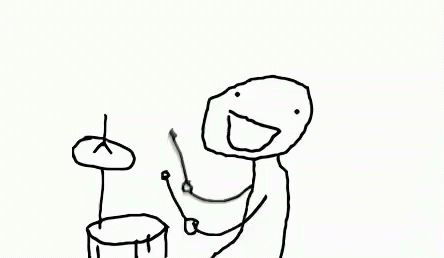Let Ted Be Ted

- You’re so dumb……it takes you 3 hours to watch “60 Minutes!”
- You’re so dumb……you took a blood test and failed!
- You’re so dumb …you sold your car for gas money!
- You’re so dumb …you called me to get my phone number.
It’s natural to lash out when we feel under pressure. Retaliation feels so good. For a while. Until those flooding emotions subside. And then it often starts to taste a bit sour.
So where were we?
In our last post on Ted Lasso Nate dumped a few stinky insults about Ted being a sh_ _ _ y coach. And we left off with Rebecca pleading with Ted to:
“Please - fight - back!”
In the next scene Ted has the perfect opportunity to do exactly that. It’s his turn to face a press room filled with journalists licking their lips at the prospect of more drama. Will he fight back?
- You're so dumb…
- You’re so dumb…
- You’re so dumb…
Journalist: Do you have any response to the comments made earlier today by your former assistant coach Nate Shelley?
Ted: Uh yes I do… I thought it was hilarious! (chuckles) I mean he came and got ‘em didn’t he? But that’s Nate The Great for you. He’s the same way on the pitch. He’ll find the tiniest little weakness in a team and just want to attack that. I mean he’s a junkyard dog man. And smart. They’re real lucky to have him over there at West Ham. I wish him the best of luck.
Does he arc up? Lash out? Fight back? Nope. He's so relaxed and kind you can almost feel the room deflate. But then he pauses for a sec...
Ted: “I guess I am a little surprised that was the best he could come up with. Especially against me…”
Here we go. Time for payback.
Ted: “I mean not one joke about me being a dumb American. I mean come on man, it’s just sitting there. I mean I’m so dumb…(Ted pauses while he waits).
You’re all supposed to say “How dumb are you…it’s just classic joke structure.”
I mean I’m so dumb…
Journalist (hesitantly): How dumb are you?

Ted: I’m so dumb … that the first time I heard you talking about Yorkshire pudding. I thought it was a fancy word ya’ll have for dog poop.
I mean I’m so dumb..
Every journalist in the room: How dumb are you?
Ted: Well, whenever I text anyone over here about money I still spell pounds ‘lbs’.
(Everyone chuckles)
Ted: Look man. I’m not a great coach. I probably ain’t. I've been doing this sport now for three years and I still get a chuckle every time someone talks about a handball violation.
(Everyone chuckles louder)
Ted: And not one crack about my appearance? About this moustache?

I look like Ned Flanders is doing cosplay as Ned Flanders. And when I talk it sounds like Dr Phil hasn’t gone through puberty yet. How ‘bout this one? Regarding my panic attacks, I’ve had more psychotic episodes than Twin Peaks.
(Whole room is laughing and playing along)
Ted: I mean I’m so crazy…
Whole room (with glee): How crazy are you?
(The laughter continues)
Even Rebecca starts to smile. And then her phone pings. It’s a text from her best mate Keeley who is watching the press conference.
Keeley: “Way to let Ted be Ted.”
It's ironic. Because Rebecca didn’t “Let Ted be Ted.” But she didn’t have to. Because Ted was working hard at being Ted no matter what pressure other people put on him to be someone else. By cracking jokes he disarmed Nate's dirty bombs and turned the anxious energy around.
Despite the anxiety Ted was feeling about living so far away from his son. Despite the relentless mockery he was receiving from the media. And despite the pressure Rebecca was putting on him to "please - fight - back". Ted stayed true to his principles. He didn't allow other peoples' anxiety to determine how he showed up.
That’s what Murray Bowen calls “differentiation”.
At the end of Episode 1 we cross back to Nate. He’s been watching the press conference too. And now he looks as if he’s sucking on a super sour lolly.
Nate has got so caught up in what other people think of him - he looks smaller and sadder - a shrivelled up and shrunken man.
Bowen would say that's because he’s "giving up self”.
The boundaries which separate him from other people are porous. The principles which define him as a person-distinct-from-other-persons are flimsy. And so it's as if he is allowing other people's opinions to move in and take over, like an invasive species, or a soul sucking dementor. Too melodramatic? Probably. But Nate keeps giving up being Nate. And it's costing him and those around him.
Random thought: I wonder if the resolution of this season will hinge on whether Nate can learn to be Nate. One thing's for certain. That's what Ted is cheering for.
Nate. Ted. Nate. Ted. Nate. Ted. Matt.
The contrast between Nate and Ted offers a chance to reflect.
How do I react when I'm under attack? In what kind of situations are my boundaries so porous and my principles so flimsy that I allow my self to be colonised by other people's expectations? When I'm under that kind of pressure, what would it look like for Matt to be Matt?
One of my favourite explanations of what being differentiated looks like is from an article by Elizabeth Skowron. She describes it as the capacity to:
"manage emotional reactivity, act thoughtfully under stress, and allow for both intimacy and autonomy in relationships."
So how do we move towards that goal?
Bowen doesn't offer any silver bullets.
But as I think about the things that can help me be less reactive, there's one moment in this episode that really stands out.
Ted: I'm so dumb...
How does humour function when we're feeling under threat?
On one hand we can use humour to protect ourselves (maybe my self deprecation is a way of making myself a small target?). On the other hand we can use humour to take others down. But on the third hand...

On the third hand, we can use humour like a pressure valve.
In tense situations, when we feel under attack, our thinking gets stuck in black and white. We divide the world into friends and enemies, victims and villains, sinners and saints. We struggle to be flexible or creative or kind. We fall back on our automatic reflex behaviours. Fight. Flight. Freeze. Fawn.
And delight is just the kind of non-anxious response which can help us decompress, regain perspective, and reconnect. Yes. A joke can help us see ourselves and others as we really are. People who for the most part are just trying to manage life's challenges as best we can.
In a suffocating situation humour helps us breathe.
And in this episode it's humour that lets Ted be Ted.
So...
What has this got you thinking about?
When have you been in a situation that was especially intense? As you look back on that situation:
- how did the pressure affect your thinking?
- how did it affect the way you saw the other people involved?
- how do you tend to react in situations like that?
We know what it looks like for Ted to be Ted. But what does it look like for you to be you? How would you like to show up under pressure?
- Try writing down some principles you can use as a guide when you feel pressured or under attack.
I'd love to hear your thinking in the comment box below.
